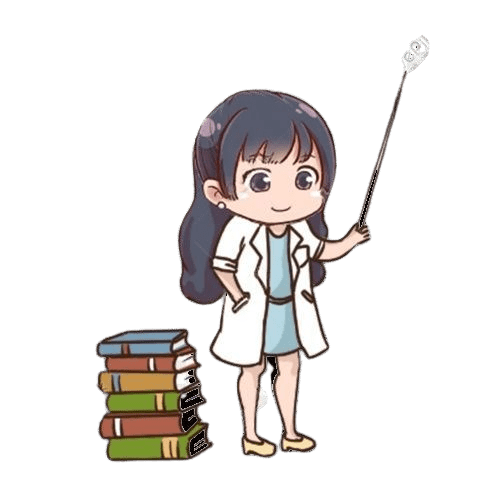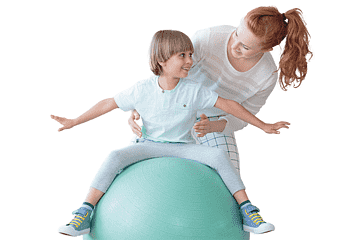Occupational Therapy
Occupational Therapy
Occupational therapy (OT) treatment focuses on helping people with a physical, sensory, or cognitive disability be as independent as possible in all areas of their lives. OT can help kids with various needs improve their cognitive, physical, sensory, and motor skills and enhance their self-esteem and sense of accomplishment. The primary goal of occupational therapy is to enable children to participate in the activities of everyday life such as in school and home.
Who Need Occupational Therapist

- Sensory processing disorder
- Autism
- Aspergers syndrome
- Attention deficit
- Learning disability
- Hyperactive disorder
- Cerebral palsy
- Delay development
- Mental retardation
- Behavior problem
- Sensory deficit
- Hand function problem
How Occupational Therapy Help You ?
Help kids work on fine motor skills so they can grasp and release toys and develop good handwriting skills.
address hand–eye coordination to improve kids’ play and school skills (hitting a target, batting a ball, copying from a blackboard, etc.).
Help kids with severe developmental delays learn basic tasks (such as bathing, getting dressed, brushing their teeth, and feeding themselves).
Help kids with behavioral disorders maintain positive behaviors in all environments (e.g., instead of hitting others or acting out, using positive ways to deal with anger, such as writing about feelings or participating in a physical activity).
Teach kids with physical disabilities the coordination skills needed to feed themselves, use a computer, or increase the speed and legibility of their handwriting
evaluate a child’s need for specialized equipment, such as wheelchairs, splints, bathing equipment, dressing devices, or communication aids work with kids who have sensory and attention issues to improve focus and social skills.
In Short:
Occupational therapy can help children by:
- Increasing their chance for independence.
- Improving their ability to play and learn.
- Boosting their self-esteem and confidence.
- Helping them develop a workable routine.
- Giving them a sense of accomplishment.
- Improving their quality of life.
For parents and caregivers, occupational therapy helps by:
- Reducing the demand on them.
- Reducing stress.
- Providing a sense of security.
- Improving their quality of life.
- Allowing them to watch their child improve and become independent.

Occupational Therapy Program Offer

- Sensory Integration therapy
- Behavioral therapy
- Neuro Developmental Therapy
- Handwriting Training
- Cognitive Perceptual Training
- ADL (self skills) training
- Group therapy
- Play therapy
Visit Us
Plot no 19 Hastings Road Ashok Nagar, Prayagraj, Uttar Pradesh-211001
siddhikidstherapy@gmail.com
Call Us
+917800673888
